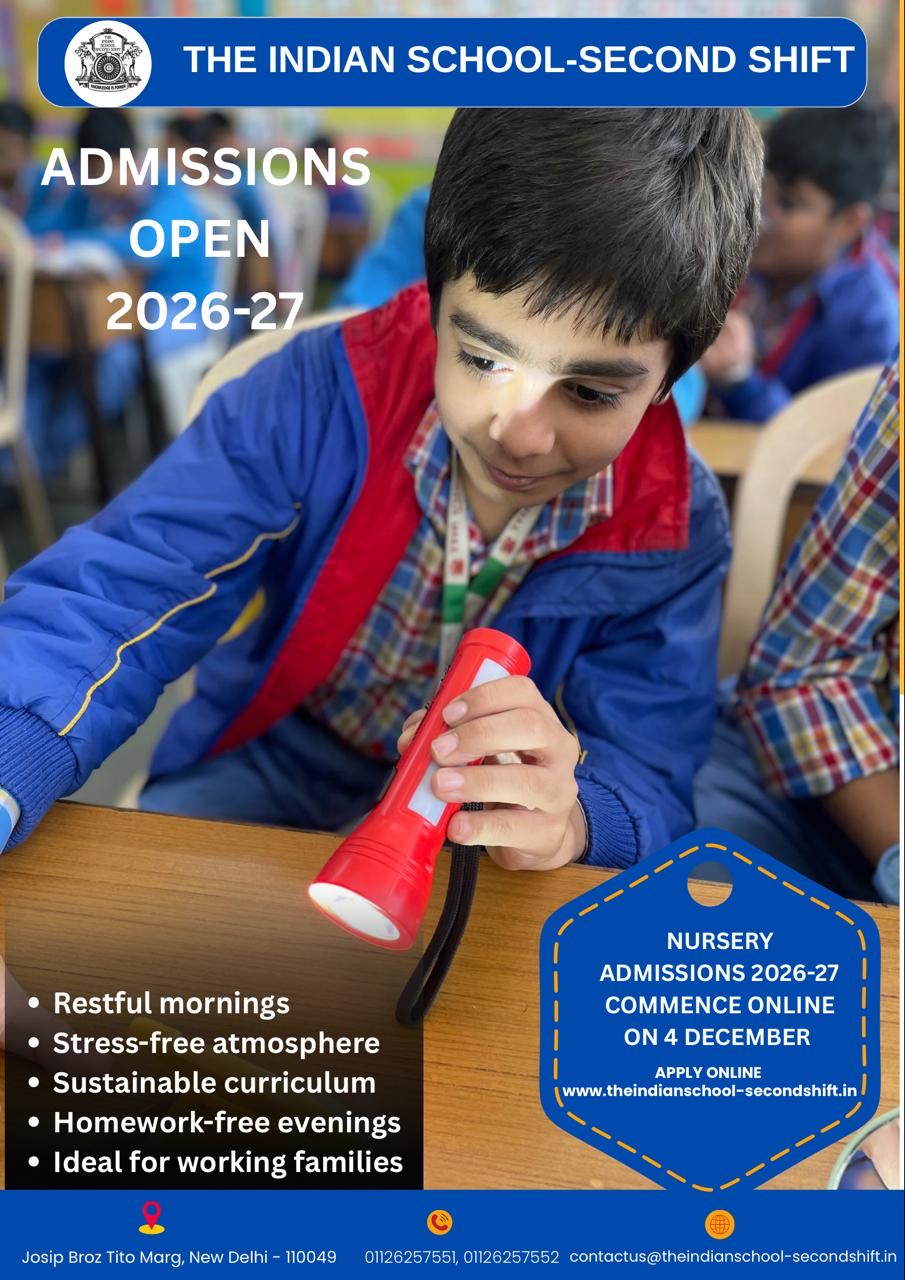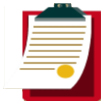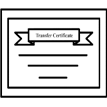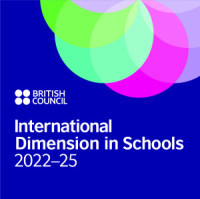Teacher workshop on the New Education Policy 2020
“Education is Liberation, knowledge is Power”- Henry Johnson Jr
Education is fundamental for achieving the full human potential and promoting national development. Providing universal access to quality education is the key to India’s ascent on the global stage in terms of economic growth, social justice and equality, scientific advancement, national integration, and cultural preservation.
Universal high quality education is the best way forward for maximising our country's rich talents and resources for the good of the individual, the society, the country, and the world.
The Indian School Second Shift organised a full-day workshop on the New National Education Policy 2020 on 12 March 2022 in the School auditorium. The main objective of this workshop was to create awareness about the newly launched National Education Policy-2020 amongst the teachers and to familiarise them with the skills required to help understand its nuances, curriculum changes, the shift in the pedagogical skills and its implementation for the 360-degree holistic development of its stakeholders, vis., the students.
-567.jpeg)
-180.jpeg)
-582.jpeg)
The new National Educational Policy-2020 seeks to introduce and implement a sea of changes across all levels of education in India. Further, educators believe that the New Education Policy is based on the pillars of “access, equity, quality, affordability, accountability” and will radically transform India into a “vibrant knowledge hub”.
Group 1 shed light on the creation of a new structure in place of the old, i.e., replacing 10+2 with 5+3+3+4. Teachers shared that the substantial impetus placed on vocational education or hands-on learning will give rise to multiple hybrid jobs. With the rapid progress of information technology, a much broader and multidisciplinary foundation will be possible to offer to students. The teachers of this group expressed the importance of using a holistic and multidisciplinary learning approach which will help learners adapt and reinvent themselves to the demands of the new hybrid work culture and dynamic socio-cultural changes.
Group 2 discussed the redesigned report cards which will be a “holistic, 360-degree, multidimensional report to reflect in great detail the progress, skills, and uniqueness of each learner in the cognitive, affective and psychomotor domains. Teachers of Group 2 also added that the progress report would include self-assessment, peer assessment and teacher assessment.
Group 3 shared the vision of the NEP’s measures to introduce Early Childhood Education (ECCE) from age 3, foundational literacy and numeracy (FLN), bagless days, internships for promoting vocational skills, and the offer of board examinations twice a year to reduce the pressure and help improve the students’ comprehension and performance.
NEP emphasises upon the moving away of students from rote learning and raising literacy and numeracy skills at the foundational level. Every student will start achieving age-appropriate foundational literacy and numeracy (FLN) by 2025.
Group 4 concluded the session by emphasising upon the challenges faced by the New Education Policy – 2020. They shared that pedagogical structures will be designed anew to be more appropriate and effective, based on the child’s cognitive and socio-emotional development. The curriculum will be integrated and flexible, emphasising all subjects and fields equally. There will be no separation of curricular, co-curricular, or extra-curricular areas—with all in a single category of equal importance. Vocational and academic streams will be integrated and offered to all students.
Examination systems will be radically changed to assess real learning, make them stress-free and aim for improvement instead of the passing of judgments. There was a Q and A session in which the teachers expressed their concerns and raised queries which were addressed by A. Principal Ms Sukhmeen Cheema.
It was a very enriching and informative session. All the participants were filled with new zeal to start working on its implementation in their own spheres




-567.jpeg)
-180.jpeg)
-582.jpeg)






